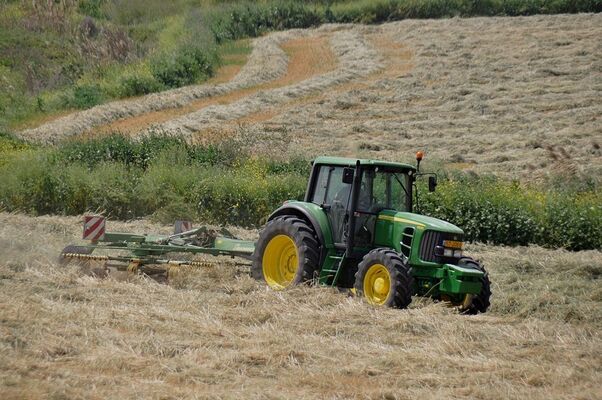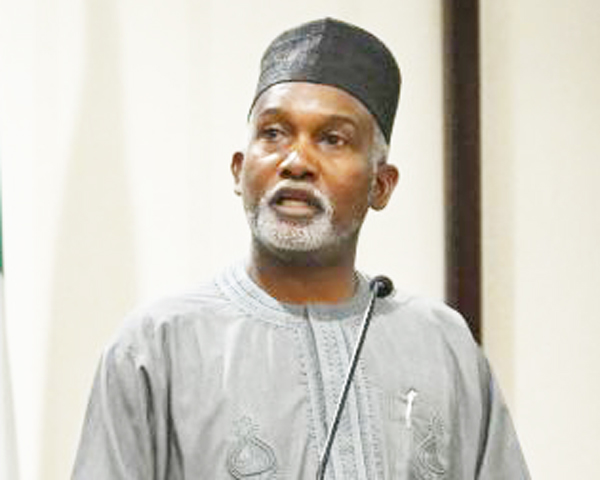Nigeria is drawing inspiration from Zimbabwe’s success in mechanized farming. The Nigerian Minister of Agriculture and Food Security, Abubakar Shaib Kyari, recently visited Zimbabwe to learn firsthand about the country’s advancements in agriculture and explore opportunities for collaboration.
During his visit, Minister Kyari met with Zimbabwean President Emmerson Mnangagwa and Minister of Agriculture Anxious Masuka. Expressing admiration for Zimbabwe’s agricultural strategies, Kyari lauded President Mnangagwa’s efforts in transforming the sector.
“We have seen the trajectory and efforts of President Mnangagwa. It’s tremendous and something that needs to be commended,” Kyari stated during his meeting with Zimbabwean officials, according to local media reports.
The Nigerian minister was particularly impressed by Zimbabwe’s agricultural mechanization program, which has significantly enhanced productivity and efficiency across the sector. Implemented in collaboration with Belarus, this program has equipped Zimbabwean farmers with modern machinery and technical expertise, making the country a model for sustainable agricultural transformation.
Kyari emphasized Nigeria’s interest in adopting Zimbabwe’s mechanization approach, highlighting its potential to attract Nigerian youth to the agricultural sector. With a significant portion of Nigeria’s population under the age of 35, engaging young people in agriculture is critical for boosting food security and creating employment opportunities.
Mechanization, he noted, could modernize farming practices and make agriculture a more appealing and lucrative venture for the younger generation.
Zimbabwe’s partnership with Belarus has been a cornerstone of its agricultural revival. By early 2024, the program had delivered over 1,800 tractors and approximately 80 combine harvesters to Zimbabwean farms. These efforts are set to expand, with plans to supply an additional 3,000 units of tractor equipment and 80 combine harvesters in the near future, according to Belarusian Industry Minister Alexander Rogozhnik.
The mechanization initiative has been instrumental in boosting Zimbabwe’s agricultural output, enabling farmers to cultivate larger areas with greater efficiency. This success is part of a broader strategy by the Mnangagwa administration to ensure food security, enhance rural livelihoods, and position agriculture as a driver of economic growth.
Nigeria’s move to learn from Zimbabwe underscores the importance of intra-African collaboration in addressing shared challenges. Both countries face similar issues, including the need to modernize agricultural systems, combat youth unemployment, and achieve food security amid growing populations.
By leveraging Zimbabwe’s expertise, Nigeria aims to accelerate its agricultural reforms and ensure that farming plays a central role in the country’s economic diversification efforts.














Leave a comment